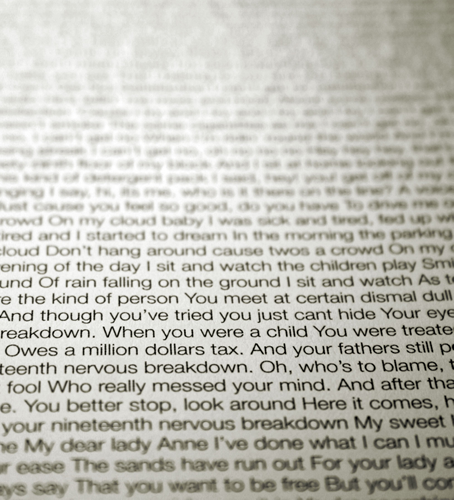For the past few months, Indireads has been celebrating one year of operations, one year of books, one year of authors from South Asia. In the grand scheme of things, it seems like we’re mere fledglings, babes in the woods that have a long way to go yet. We are and we do, but we see our first year a little differently.
We see it as one year of learning, one year of reading, one year of teaching and one year of making our mark. We see it as a way to understand how to be different, how to stand out, how to keep moving upwards. We see it as the first circle of existence, the first round of readers, the beginnings of great new authors and more books.
Few people know this, but with one exception, all of Indireads’ books so far have been by first-time authors—unknown, aspiring writers who have a story to tell and a passion to learn. They’re authors who have surprised us, even stunned us with their creative ideas, their talent, their desire to grow. Some of them had a single story to tell, but a few have proven to be exceptional writers, potential bestselling authors, even when they were writing for the first time.
We hope, we believe, that they will just get better with experience.
Indireads is still in the business, however, of nurturing new talent. Our Aspiring Author page has a number of excellent resources for first-time authors, including a short writing guide for beginners. The guide breaks down the daunting task of creating a plausible and compelling story into a series of easily digested steps. We also have a general Indireads Guide for Authors that offers more detailed explanations for those writing for the first time, or even for those in need of a quick refresher.
Here’s a quick snippet from the Indireads Writing Guide for Beginners (PDF, opens in a new window):
Revise Your First Draft:
You want your editors and publishers to view you as a professional, so be careful with punctuation, grammar and language. Review the first draft yourself and check for typos, spelling errors and formatting. If your editor is not worried about these things, he/she is more likely to concentrate on the plot and character development. Feedback will be more comprehensive and far more constructive as a result.
You may find that as you write, your story evolves by itself. That’s not always a bad thing, and you may make changes to the plot or a character as you go along. Editor feedback will point out any holes in your story, or weak elements that can be corrected. As objective readers, they tend to see gaps in a story with far more clarity than you will.
While the guide for beginners focuses on novellas, it has all the elements one needs to write any length story. The guide is now part of a new blog section we are working on, IndiWrite (Feedback Fridays is one part of this section). IndiWrite will offer resources, links, downloads and articles from authors, editors and the Indireads’ team for aspiring authors.
Happy Diwali!
Postscript: If you offer valuable knowledge or insight into what it means to be an author, or how to become an author, and would like to contribute to IndiWrite, please contact us with your idea, your article or your post.




 I once read a novel where a protagonist points out that the use of profanity is the sign of a stunted mind. Not only is the person swearing ill-mannered and boorish, but he (or she) obviously does not have the words in his vocabulary to effectively convey his real meaning. Hence the over-use of slang or offensive language to cover his deficiencies.
I once read a novel where a protagonist points out that the use of profanity is the sign of a stunted mind. Not only is the person swearing ill-mannered and boorish, but he (or she) obviously does not have the words in his vocabulary to effectively convey his real meaning. Hence the over-use of slang or offensive language to cover his deficiencies.

